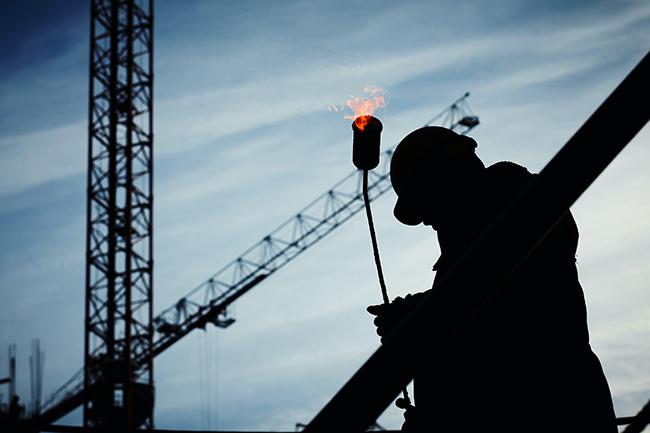New Czech building law for civil engineering and digitalization comes into force
Today marks the enforcement of the new Building Act and the related digitalization of building procedures for ground constructions, including residential and family houses. This law streamlines the permitting process by abolishing double permitting and merging planning and building procedures into one cohesive process. Building authorities will now independently contact other relevant authorities to gather their opinions in a coordinated binding opinion, resulting in a single approval stamp for the builder. Additionally, the law introduces time limits for processing permits and establishes a new classification of construction projects, though some permits will now be more expensive.
The construction procedure will become fully digital for all participants through the Builder’s Portal and other information systems. Starting in July, builders will receive all permits, statements, and documentation online. Communication between authorities and builders will occur through interconnected systems, with citizens using the Builder’s Portal and officials using the Building Procedure Information System. These systems will operate via a web browser and will be developed and automated further in the future. All participants will work with the same version of the system and have an online overview of the status of the proceedings. The system will also manage files, create and send necessary documents, and access various state data sources, such as registers and land registry.
The new legislation sets specific deadlines for authorities to issue decisions. For instance, the permit decision for a family house will take 30 days, while more complex constructions, like highways or power plants, will take up to 120 days.
The law also introduces new categories for buildings: small buildings, simple buildings, reserved buildings, and other buildings. Minor constructions, such as greenhouses or swimming pools, will not require a building permit or approval. Simple buildings are defined as houses intended for living or recreation with up to two above-ground floors and one underground floor. Reserved buildings include significant infrastructure like highways, airports, or hydroelectric dams, while other buildings encompass residential and commercial buildings or offices.
Some permits will now be more costly. For example, the application for digging a well will increase from CZK 300 to CZK 10,000. Similarly, permitting garages will rise from CZK 1,000 to CZK 5,000, and extending the validity of a building permit will go from CZK 1,000 to CZK 2,000. The permit cost for buildings with more than three flats remains CZK 10,000, while buildings with up to three flats or for family recreation will cost CZK 5,000.
Alongside the new Building Act, six related ordinances are coming into force. These ordinances abolish some outdated technical construction parameters and regulate the preparation of documentation.
The new Building Act and its decrees provide for a transitional period until June 30, 2027. Projects can be submitted and approved under previous regulations until this date. For some larger dedicated structures, such as motorways, the new Construction Act has been in force since January 1 of this year.
Source: CTK









